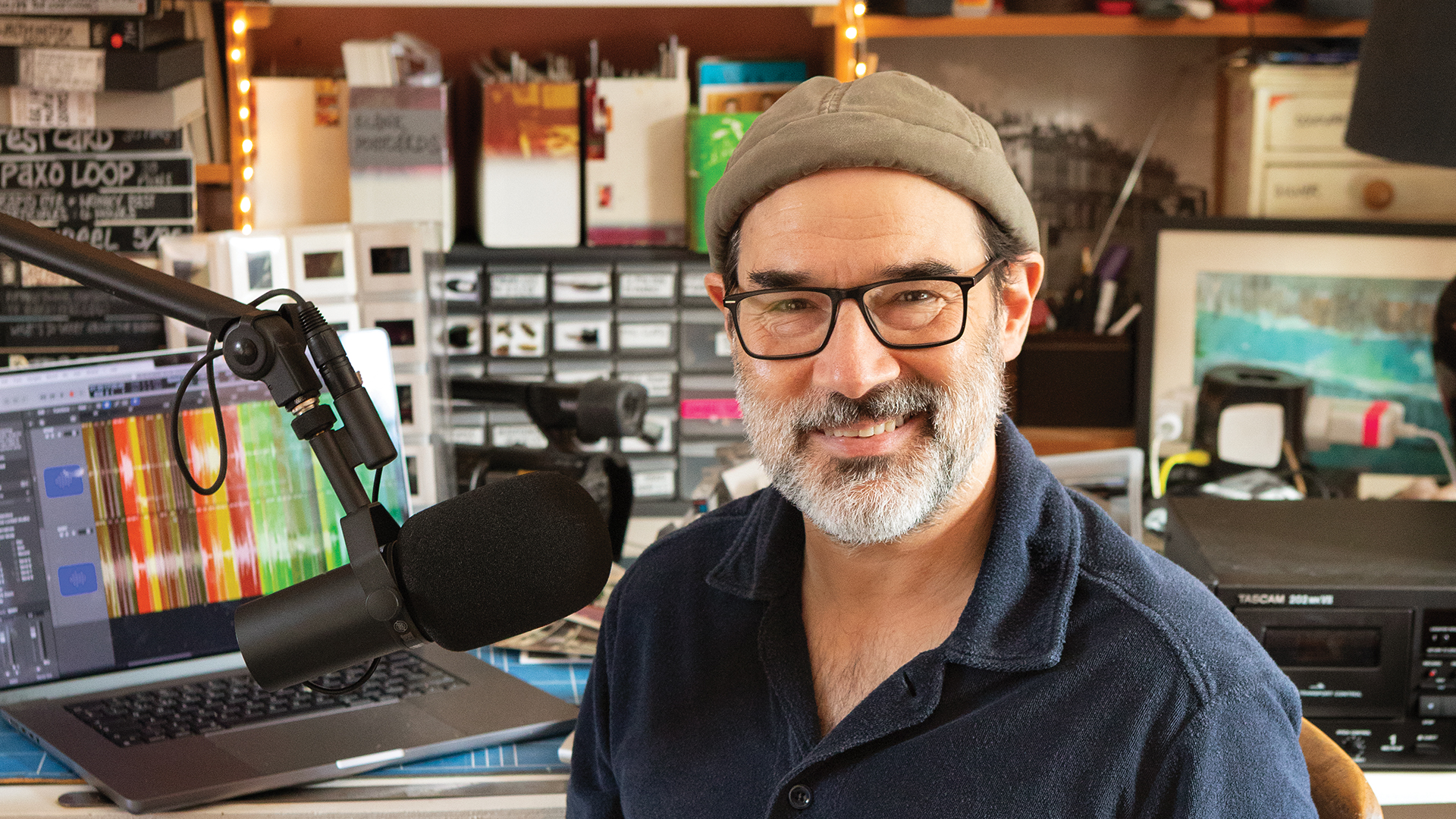Tasked with doing a personal ad for one of his sponsors, Adam Buxton could have just phoned it in like all the other podcasters. Instead, the English comedian, actor and DIY musician penned web-building platform Squarespace a deliriously catchy 30-second power-pop jingle far funnier than a song about website templates and signing up for a free trial has any right to be.
It’s the cowbell that always kills me. It only kicks in for the last five seconds, but something about how completely over-the-top it is always makes me laugh. I suppose cowbells are just funnys, aren’t they? (See the legendary Saturday Night Live Blue Öyster Cult “More Cowbell” sketch with Christopher Walken and Will Ferrell for ultimate proof).
Mixed in among all of Buxton’s other equally entertaining self-made sonic skits and promotional ditties – including unpaid jingles for charities he supports such as Médecins Sans Frontières (MSF) – the Squarespace song feels like reason alone to tune into the podcast. And how many podcasts can you say that about?
Get the latest news and insight into how the Big Issue magazine is made by signing up for the Inside Big Issue newsletter
Podcast adverts people don’t skip but actually enjoy represent potentially lucrative new ground broken, and Buxton has marketing industry experts marvelling at his work. But if you, like me, grew up with The Adam and Joe Show – the late 1990s Channel 4 lo-fi comedy series Buxton made with Joe Cornish, featuring among other things stop-motion animated Star Wars toys doing degenerate remakes of film and TV classics – then further evidence of the man’s mad genius should come as no surprise.
It’s since been poured into everything from radio shows and music videos for Buxton’s pals Radiohead to books and, as of 2015, his multi-award-winning podcast featuring wonderfully frank and intelligent rambling chats with everyone from Tom Hanks to Paul McCartney, Miriam Margolyes and a doctor from MSF. Now comes his debut album Buckle Up – “a mixtape of extended jingles” as Buxton describes it, themed not around his sponsors but his own life and feelings.






